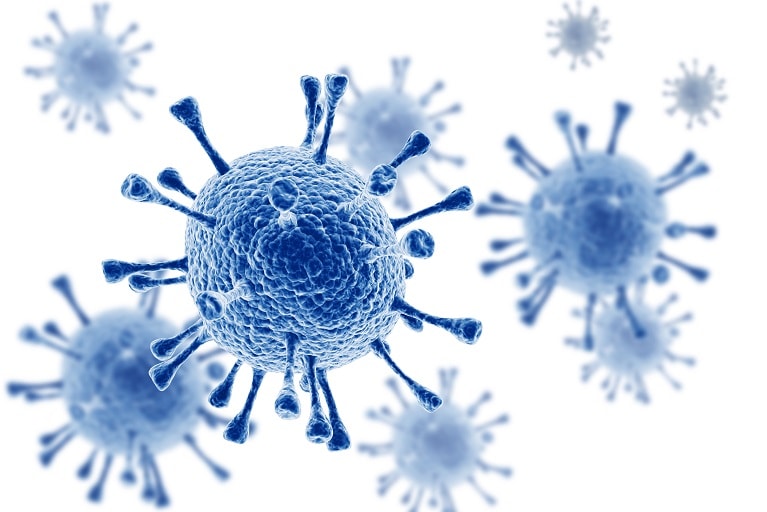
HIV/AIDS remains one of the most pressing global health challenges, affecting millions of people worldwide. In this article, we will explore the nature of HIV/AIDS, its impact on individuals and communities, and the importance of prevention. By enhancing our understanding of this disease and promoting effective prevention strategies, we can work towards reducing new infections, providing support to those affected, and ultimately ending the HIV/AIDS epidemic.
HIV (Human Immunodeficiency Virus) is a virus that attacks the immune system, specifically targeting CD4 cells, which play a crucial role in protecting the body against infections. AIDS (Acquired Immunodeficiency Syndrome) is the final stage of HIV infection, characterized by severe immune system damage and the development of opportunistic infections. HIV is transmitted through unprotected sexual intercourse, sharing needles or syringes, and from mother to child during childbirth or breastfeeding.
HIV/AIDS has a profound impact on individuals, families, and communities. The virus weakens the immune system, making individuals more susceptible to infections and other illnesses. Untreated HIV can progress to AIDS, resulting in life-threatening conditions. The social and economic consequences of HIV/AIDS are far-reaching, including stigmatization, discrimination, loss of productivity, and increased healthcare costs. It is vital to address the medical, social, and economic dimensions of HIV/AIDS to mitigate its impact.
Preventing new HIV infections is crucial in controlling the spread of the virus. Effective prevention strategies include:
Safe Sex Practices: Consistently using condoms during sexual intercourse, practicing mutual monogamy, and reducing the number of sexual partners can significantly reduce the risk of HIV transmission.
Access to HIV Testing and Counseling: Regular HIV testing and counseling empower individuals to know their status, make informed decisions about their health, and seek appropriate care and support. Early detection allows for timely initiation of treatment and reduces the risk of transmission to others.
Antiretroviral Therapy (ART): ART is a cornerstone of HIV treatment and prevention. People living with HIV who are on effective ART have suppressed viral loads, reducing the risk of transmitting the virus to sexual partners. Prompt initiation of ART after diagnosis is crucial for individual health and prevention efforts.
Prevention of Mother-to-Child Transmission: Pregnant women living with HIV can protect their infants by accessing antenatal care, taking prescribed antiretroviral medication, and adhering to recommended feeding practices.
Harm Reduction Approaches: Implementing harm reduction strategies, such as providing sterile needles and syringes, opioid substitution therapy, and promoting safe injection practices, reduces the risk of HIV transmission among people who inject drugs.
Education and Awareness: Promoting accurate information about HIV transmission, prevention, and dispelling myths and misconceptions reduces stigma, encourages testing, and promotes supportive environments for those affected by HIV/AIDS.
Addressing HIV/AIDS requires a comprehensive and collaborative approach. Governments, healthcare providers, civil society organizations, and affected communities work together to implement prevention programs, ensure access to treatment and care, promote research and innovation, and advocate for supportive policies. International partnerships, such as the Joint United Nations Programme on HIV/AIDS (UNAIDS), facilitate coordination and resource mobilization to accelerate progress in combating HIV/AIDS worldwide.
HIV/AIDS remains a significant global health challenge, but progress has been made in prevention, treatment, and support for those affected. By understanding the nature of HIV/AIDS, promoting prevention strategies, advocating for universal access to testing and treatment, and combating stigma and discrimination, we can work towards ending the HIV/AIDS epidemic. Let us join forces to raise awareness, support research and innovation, and create a world where HIV/AIDS no longer poses a threat to individuals and communities.
